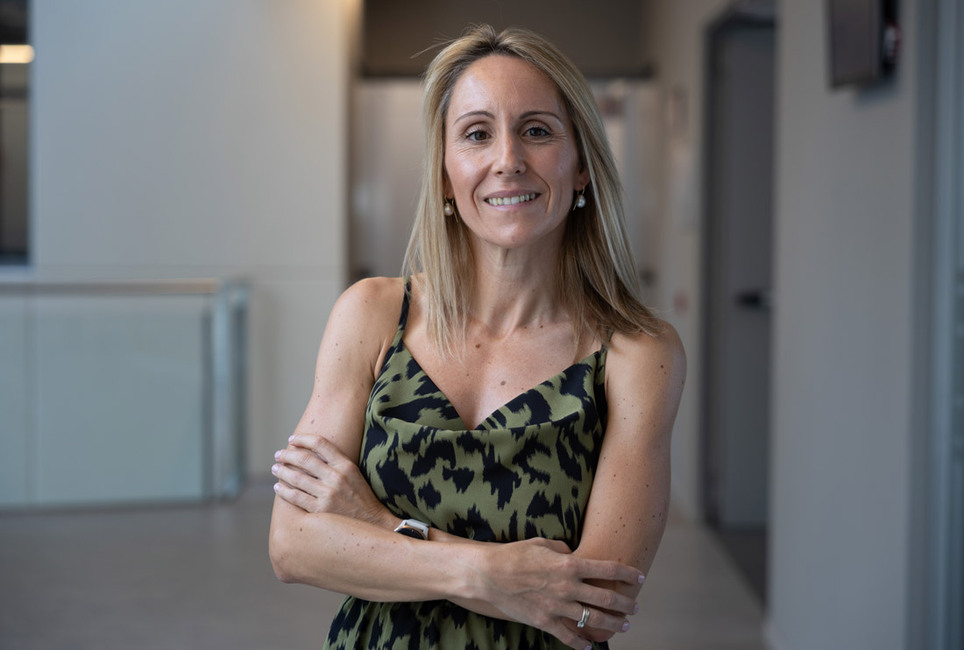The research project of Dr. Biola M. Javierre, from the Josep Carreras Institute, selected for the 2024 Leonardo Grants
The 11th Call of the BBVA Foundation’s programme to promote excellence in science and culture will fund six innovative projects in Biomedicine, including Dr. Biola M. Javierre’s, Principal Investigator at the Josep Carreras Institute. Dr. Javierre will study how silencers orchestrate normal and malignant cell differentiation.

Since its creation in 2014, the BBVA Foundation’s Leonardo Grants have supported innovative and excellent projects in both scientific research and cultural creation. With the aim of breaking down the barrier between science and culture and fostering knowledge in all areas, the programme will fund 57 projects, six of them in Biomedicine, led by outstanding researchers and creators in their respective fields who are at a decisive moment in their careers.
The Leonardo Grants for Scientific Research and Cultural Creation have made possible the projects of 659 grantees after their first 11 editions. In addition to covering various scientific and cultural areas, these grants are also characterised by the flexibility they give their awardees in the shaping, execution and final presentation of the results of their project, in a timeframe ranging from 12 to 18 months.
Dr Biola M. Javierre, Principal Investigator of the 3D Chromatin Organization Group at the Josep Carreras Institute, will receive support from the programme to carry out her research project within the area of Biomedicine, specifically in the subarea of Basic Research. Her project was selected following an open and highly competitive call. Dr. Javierre joined IJC after working as a researcher at the National Cancer Research Centre (CNIO) and the Babraham Institute (Cambridge, UK), where she developed a technique that allows to identify which regulatory sequences of the genome control the activity of each gene in each cell type. Her research on genetically complex diseases, particularly autoimmune diseases and blood cancers, has attracted the interest of institutions such as the European Haematology Association and the framework programme Horizon Europe of the European Union.
Decoding how silencers orchestrate normal and malignant cell differentiation
The generation of an immune system capable of protecting us from external (e.g., infections) and internal (e.g., cancer) threats depends on an extremely complex set of interactions that occur within cells. These interactions involve hundreds of proteins, which are controlled by what researchers refer to as "transcriptional programmes", in turn regulated by higher-order elements that can either enhance or silence these programmes.
Enhancer elements are well-known, and their role in activating sets of genes is relatively well understood. However, the action of silencers remains largely unknown, and their role in gene repression is still largely unexplored. In this project, Dr. Javierre’s group will study how silencers function in the control of transcriptional programmes and how defects in this function promote the development of cancer.
In the long term, this fundamental knowledge could pave the way for the development of new therapies for various genetically complex diseases, including blood cancer, autoimmunity, and immunodeficiencies.